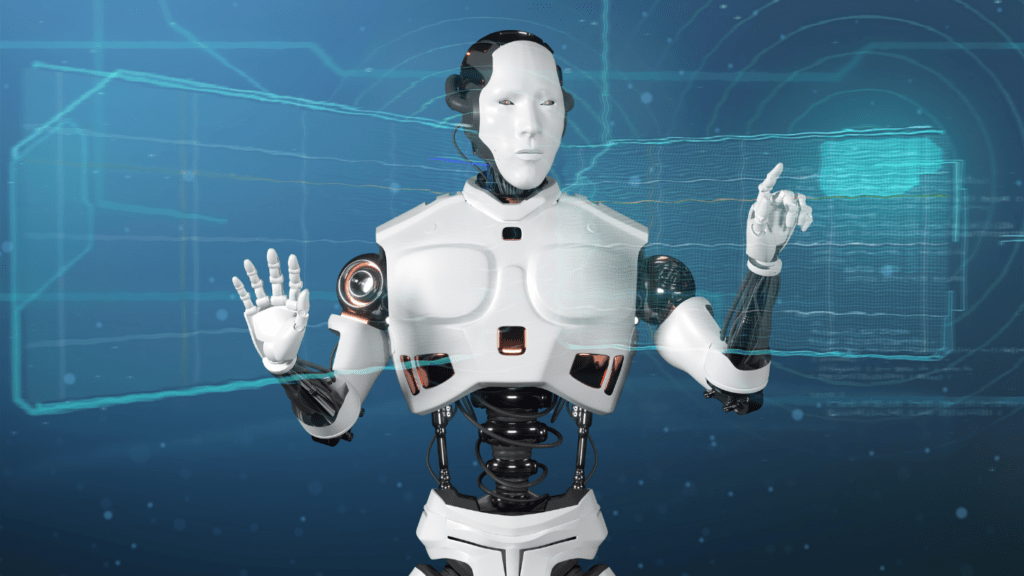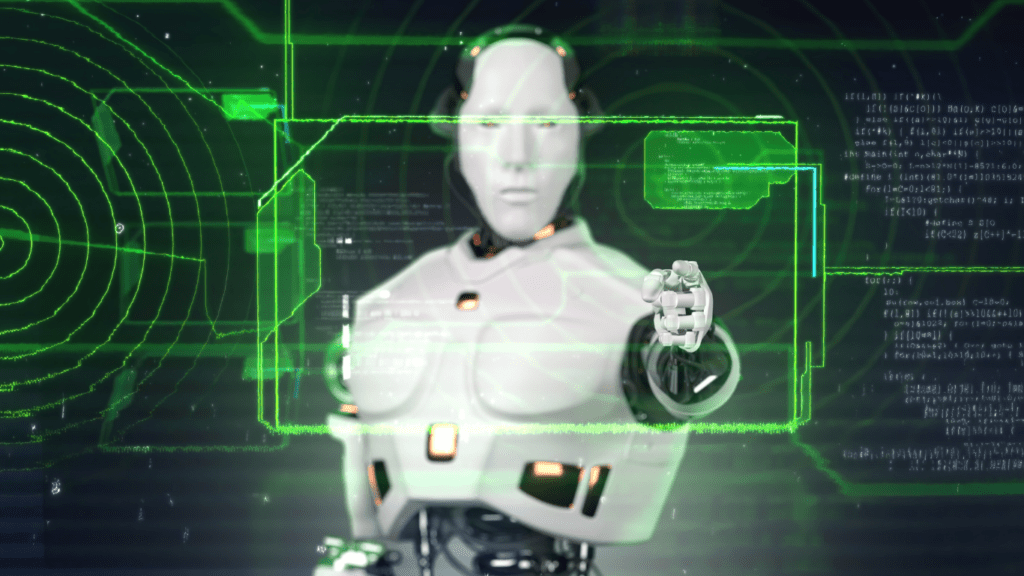As a seasoned gamer and tech enthusiast, I’ve witnessed firsthand the transformative power of Artificial Intelligence (AI) in revolutionizing the landscape of video games. In the ever-evolving realm of gaming, AI has emerged as a game-changer, reshaping how we play, interact, and experience virtual worlds.
From enhancing non-player character behaviors to creating dynamic environments, AI is paving the way for the next generation of immersive and intelligent gameplay. In this article, I delve into the pivotal role that AI plays in shaping the future of video games, exploring how this cutting-edge technology is pushing boundaries, fostering innovation, and elevating player experiences to unprecedented levels.
Join me as we unravel the fascinating ways in which AI is driving the evolution of gaming, unlocking new possibilities, and setting the stage for a thrilling era of interactive entertainment.
Evolution of Video Games
The evolution of video games highlights a remarkable journey from simple arcade pixels to the breathtaking realism of modern titles, driven by technological advancements and creative innovation. AI’s integration has transformed game design, enabling dynamic environments that adapt in real-time to player actions for more immersive experiences.
AI’s impact extends to enhancing NPC interactions, making characters more lifelike and intelligent through complex decision-making and learning capabilities. This progression represents a paradigm shift in interactive entertainment, paving the way for a future of unprecedented creativity, realism, and innovation in gaming.
Impact of AI on Video Games
Artificial Intelligence (AI) has significantly impacted the video game industry, transforming gameplay and enhancing player interactions in remarkable ways. Let’s delve into how AI is revolutionizing video games.
Enhancing Gameplay with AI
Incorporating AI in video games has revolutionized the way players engage with virtual worlds. AI algorithms power dynamic environments, adjusting difficulty levels based on player performance. This adaptation ensures a challenging yet rewarding gaming experience for players of all skill levels.
Improving NPCs Behavior
AI-driven non-player characters (NPCs) now exhibit sophisticated behaviors, responding intelligently to player actions. These NPCs can learn from player interactions, adapting their strategies and decisions accordingly. This enhanced NPC behavior adds depth to gameplay, creating more immersive and engaging scenarios for players.
AI-Driven Game Development
Exploring AI-driven game development is like diving into a realm where innovation meets gaming to redefine interactive experiences. AI, as a driving force, revolutionizes how games are developed, played, and experienced, shaping the next generation of video games. In this domain, AI’s impact is profound, paving the way for groundbreaking advancements that continually push the boundaries of immersive gameplay and dynamic storytelling.
- AI-Powered Non-Player Characters (NPCs): AI algorithms empower NPCs to exhibit lifelike behaviors, enriching the gaming landscape with dynamic interactions and adaptive decision-making. These AI-driven NPCs no longer follow scripted paths but instead respond intelligently to player actions, learning, evolving, and challenging gamers in unprecedented ways.
- Real-Time Environment Adaptation: AI’s integration ensures that game environments evolve in real-time, responding to player choices and actions. By adjusting difficulty levels based on player performance, AI creates a personalized gaming experience that is both stimulating and rewarding, catering to players of all skill levels without compromising on challenge.
- Enhanced Gameplay Dynamics: With AI at the helm, gameplay dynamics undergo a transformation that elevates player engagement to new heights. AI-driven environments dynamically adjust to the player’s behavior, creating scenarios that intelligently respond to individual playstyles, preferences, and skill levels, enhancing immersion and increasing overall player satisfaction.
AI is not just augmenting game development but shaping a future where gaming experiences are tailored, immersive, and infinitely engaging. As AI continues to evolve, its impact on game development will be a driving force behind the next wave of innovation, creativity, and player-centric experiences in the video game industry.
Challenges and Limitations
Integrating AI into video games presents challenges such as balancing complexity with performance, as intricate algorithms can strain hardware and affect gameplay. Developers must also address fairness and transparency in AI-driven interactions to ensure inclusive and unbiased gaming experiences.
Scalability and cybersecurity add further complexity, with AI needing to adapt to diverse player actions while safeguarding against vulnerabilities. By tackling these hurdles with innovation and ethical practices, developers can harness AI’s potential to redefine gaming, creating immersive and secure experiences for players.
Future Prospects
AI is set to revolutionize the future of video games, driving advancements in immersive gameplay through its integration with technologies like virtual and augmented reality. As AI algorithms become more adaptive, games will tailor themselves to individual player preferences, creating dynamic and personalized experiences.
The evolution of AI-driven NPCs and storytelling will further enhance gaming by offering lifelike interactions and generating narratives shaped by player choices. Addressing challenges like ethical AI use and cybersecurity will be crucial in unlocking the full potential of AI, paving the way for a new era of creativity and innovation in interactive entertainment.




